To read a poem is to hear it with our eyes; to hear it is to see it with our ears
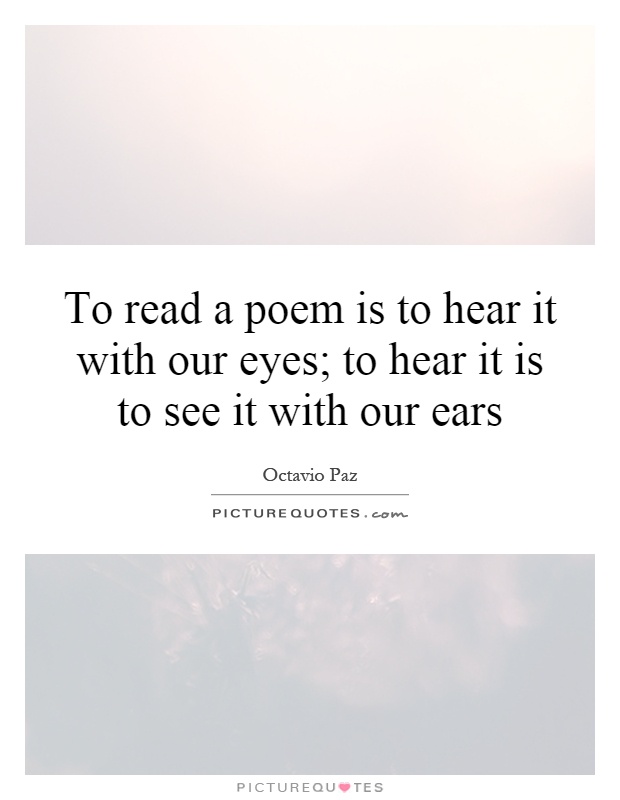
To read a poem is to hear it with our eyes; to hear it is to see it with our ears
Octavio Paz, the renowned Mexican poet and essayist, once said, “To read a poem is to hear it with our eyes; to hear it is to see it with our ears.” This profound statement encapsulates the essence of poetry as a multi-sensory experience that transcends traditional modes of perception. Paz's words invite us to consider the interconnectedness of sight and sound in the act of reading and listening to poetry, highlighting the ways in which language can evoke a rich tapestry of sensory impressions.For Paz, poetry is not simply a matter of decoding words on a page, but rather a dynamic process of engagement that involves both the visual and auditory senses. When we read a poem, we are called upon to “hear it with our eyes,” to listen to the rhythm and cadence of the language as it unfolds before us. In this sense, reading becomes a form of active listening, as we attune ourselves to the nuances of tone, pacing, and emphasis that shape the poem's meaning.
Conversely, when we hear a poem recited aloud, we are encouraged to “see it with our ears,” to visualize the images and emotions that the words evoke. The spoken word has a unique power to conjure vivid mental images and evoke visceral emotions, allowing us to experience the poem in a more immediate and immersive way. In this way, listening becomes a form of active seeing, as we engage with the poem's imagery and symbolism through the medium of sound.
Paz's assertion that reading a poem is a synesthetic experience underscores the idea that poetry operates on multiple levels of perception simultaneously. By engaging both our visual and auditory faculties, poetry has the capacity to stimulate our imaginations, evoke our emotions, and expand our understanding of the world around us. In this way, Paz invites us to approach poetry not as a static text to be deciphered, but as a living, breathing art form that speaks to us in a language that transcends words.
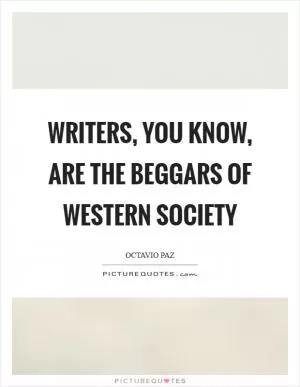
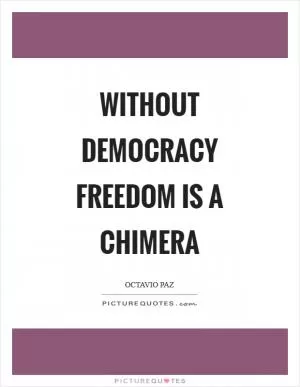


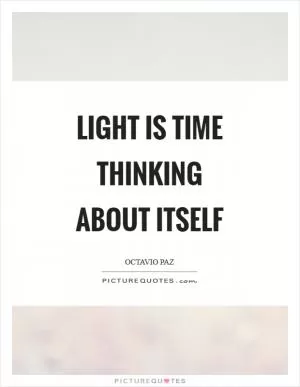
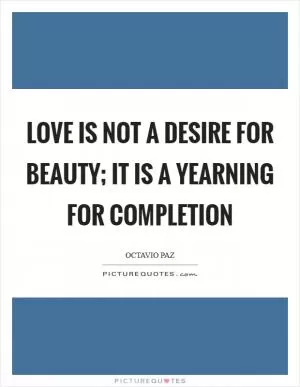

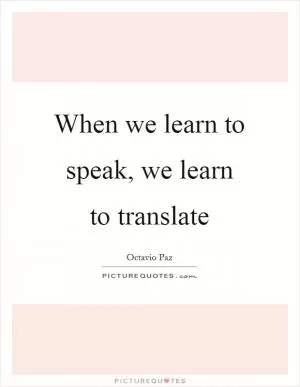
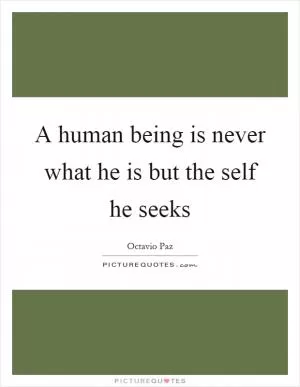

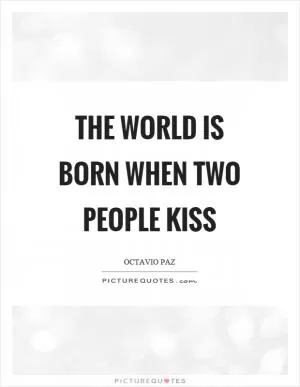
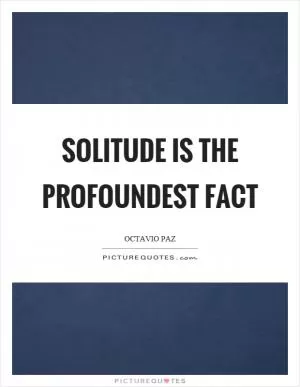
 Friendship Quotes
Friendship Quotes Love Quotes
Love Quotes Life Quotes
Life Quotes Funny Quotes
Funny Quotes Motivational Quotes
Motivational Quotes Inspirational Quotes
Inspirational Quotes